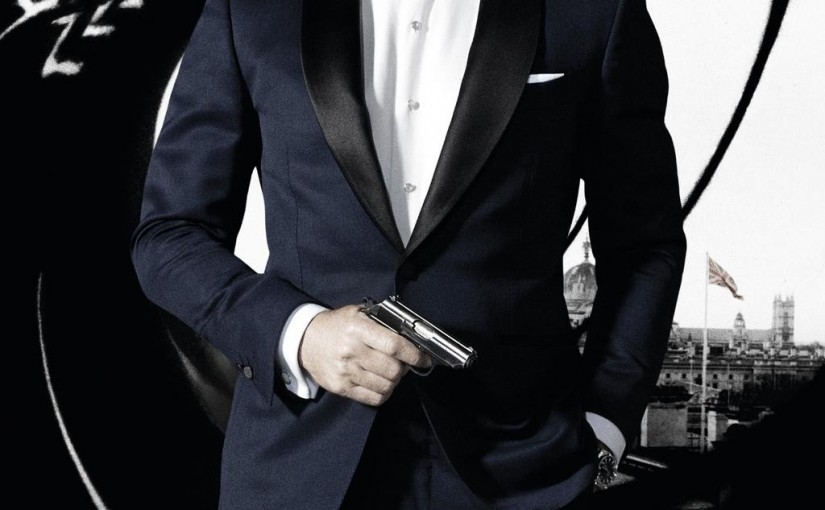Any action movie featuring MI6’s 007 must fulfill a few simple requirements to be considered a Bond film: the villain must be evil; the 007 must be suave, capable of operating any machine, and at ease in any situation; and there must be a handful of other items including, but not limited to, a hot car, a hot girl, a nice suit, and an innovative gadget—the Walther PPK/S 9mm short handgun is a given. Skyfall fulfills all of these requirements perfectly, and then some.
In its 22 prior installments, the Bond franchise has varied greatly in its cinematic. style and quality. The most memorable have been the low-to-mid-budget bad action movies starring Sean Connery in a role that simply cannot be matched; the less memorable ones are not worth mentioning. It was not until the beginning of the most recent reënvisioning, in Casino Royale, that the Bond franchise featured good actors, good production, and a high enough budget to do its ambitions justice. It was at this time that the production company owning the rights to the Bond stories, Eon Productions, decided to bring the franchise back to its roots, creating a harder, darker, more intense Bond more in line with author Ian Fleming’s original character. This trend has been continued in Skyfall: gone are the goofy and fantastic gadgets, the light and playful plots and completely inept goons. Daniel Craig’s Bond is a far cry from Sean Connery’s.
The film opens not with the classic silhouettes in an iris lens, but dives straight into a fantastic, edge-of-your-seat chase sequence in Istanbul, with Bond (Daniel Craig) and Miss Moneypenny (Naomi Harris) pursuing a stolen hard drive featuring sensitive information on the identities of every M16 agent. Bond goes from a small truck in the narrow alleys to a motorcycle on the rooftops of the Grand Bazaar to a tracked Caterpillar-type excavator on a flatbed car on a train, managing to upset unfortunate and unsuspecting local vendors’ booths not once or twice, but three times. It is not until around the 20-minute mark that the film transitions to a modern take on the classic opening sequence, this one featuring breathtaking shots of ink in water accompanied by a spine-tingling title piece composed and performed by Adele.
Of course, the hard drive was only the beginning, the beginning of a very deep, complex, and dark story that takes another two hours to tell (the film runs for 2 hours, 23 minutes). Bond chases clues across the globe in search of the villain, who is undeniably the most conniving of the entire Bond franchise. Of course, this Bond doesn’t work entirely alone. A holdover from the Pierce Brosnan movies, Judi Dench plays an M who is finally her equal and as dead-serious as Craig’s Bond. In fact, Dench veritably co-stars the film, with her M spending more time on screen than any other character and getting more character development than any other M in any other Bond film.
Besides Dench’s superb acting, Skyfall has other wonderful and pleasant surprises. Throughout the entire film, the shots are beautifully composed, taking advantage of reflections, focus, and depth of field unlike any other film. Though composer Thomas Newman is new to the Bond franchise (interestingly, his previous film score was for The Best Exotic Marigold Hotel starring Judi Dench), the completely original soundtrack is superb, featuring brilliantly composed orchestral pieces incorporating the best parts of today’s action-movie synthesized style. Not only are the shots beautifully framed, but the use of lighting, shadow, and color is superb, unmatched in any similar film. The editing is understated and unobtrusive, flowing the film well through its one hundred and forty-three intense minutes.
All in all, Skyfall is not just a great Bond film, it is a great film. Period. As a film, a piece of art, it is undeniably the best of the entire Bond franchise (even if one of Connery’s is a better piece of entertainment). Beyond that, however, it is the best film so far this year. See it in the theater if you can, it’s a cinematic experience.
